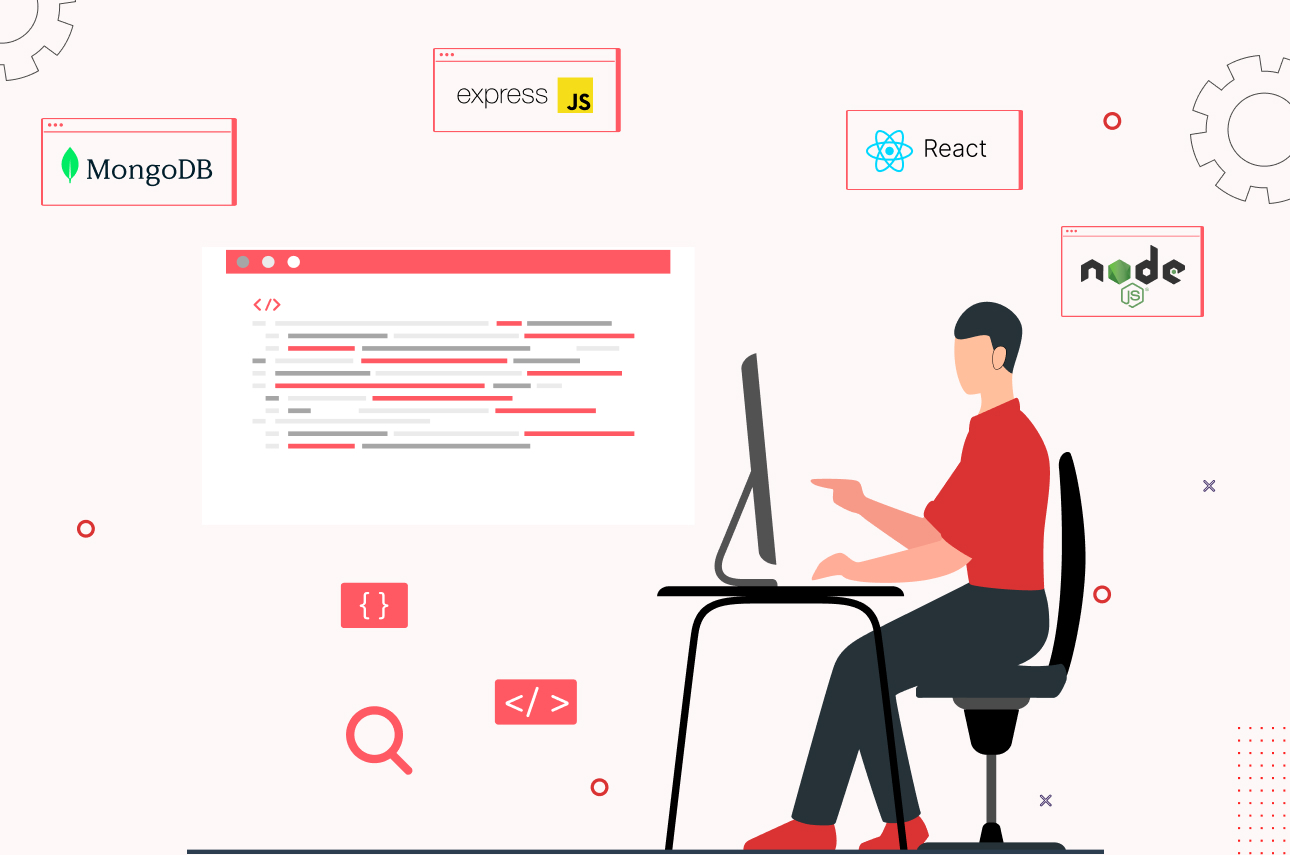Introduction
In the rapidly evolving world of digital platforms, have you ever wondered what powers the seamless and efficient web applications we interact with daily?
Enter the MERN Stack – a power-packed combination of MongoDB, Express.js, React, and Node.js. These components work in tandem to transform the web development landscape, providing a cohesive approach that meets the stringent demands of today’s dynamic web applications.
The digital realm is brimming with platforms and websites vying for user attention. According to a survey by HubSpot, nearly 39% of users will stop engaging with a website if it takes too long to load or is not beautifully designed. Therefore, the efficiency and aesthetics of web development have never been more critical.
As a premier web development firm, we’ve delved deep into the MERN stack, mastering its intricacies to offer top-notch MERN stack web development services. In this article, we’ll demystify the MERN Stack, showcasing how it stands as the beacon of streamlined and efficient web development in the modern age.
Join us as we journey through the capabilities of the MERN Stack, illuminating why it’s the go-to choice for developers and businesses alike.








